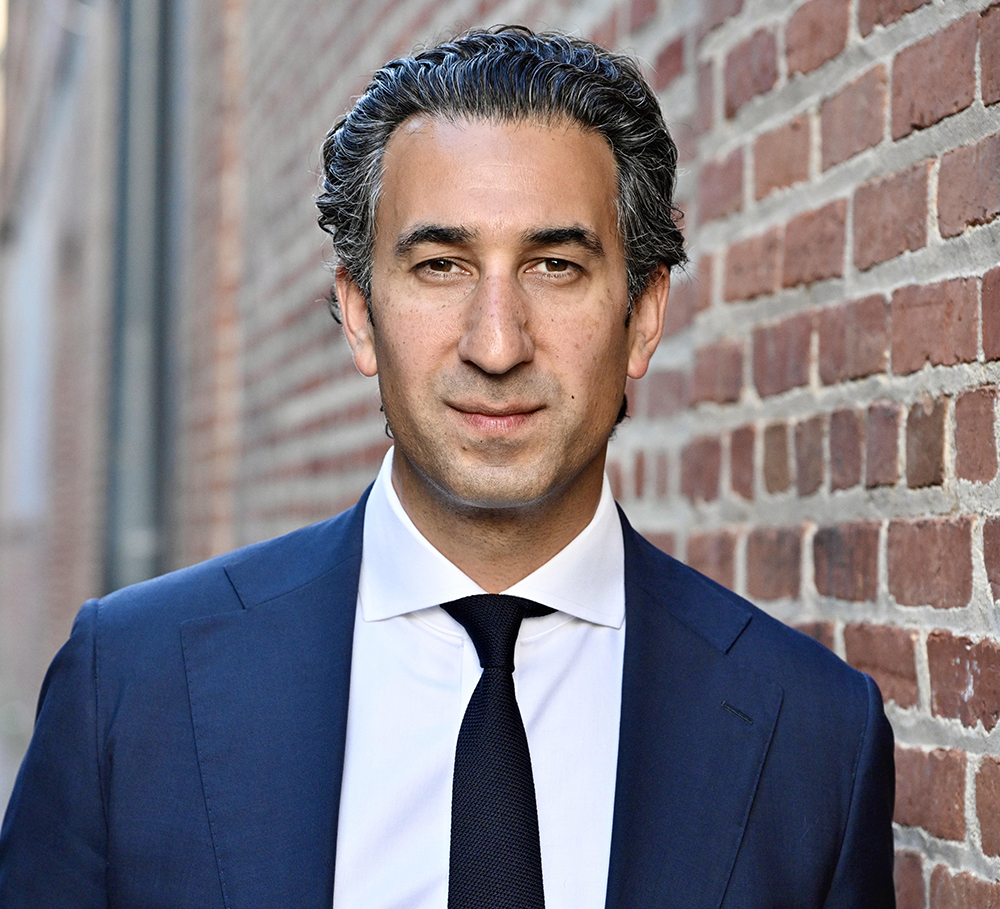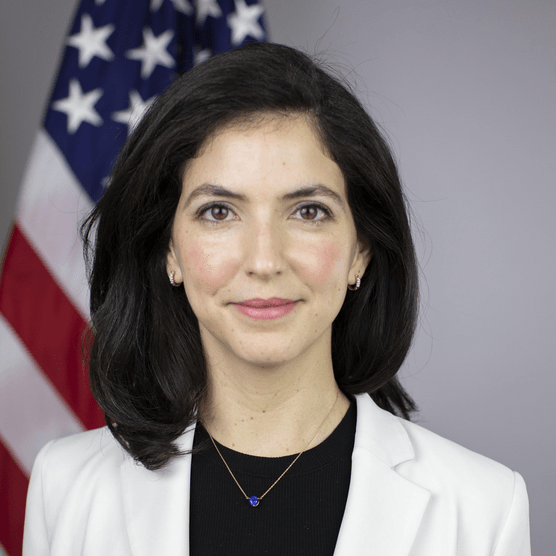Join Aaron David Miller as he engages Pulitzer Prize winning author and The New York Times columnist Thomas L. Friedman on what Americans can expect from the next three years of the Trump administration.
Aaron David Miller, Thomas L. Friedman
Aaron David Miller sits down with Amos Hochstein, Senior Advisor and Deputy Assistant to the President for Energy and Investment at the White House. They discuss the potential spillover effects of the Israel-Hamas War.
As the Israel-Hamas war drags on, the potential for spillover effects increase. Three conflict areas have emerged that carry serious risk of escalation: first, growing tensions between Israel and Hezbollah along the Israeli-Lebanese border, attacks by Iranian-backed Houthis against international shipping in the Red Sea, threatening global supply chains and freedom of navigation, and the danger of another direct clash between Israel and Iran.
What are the prospects for regional escalation? Is there a diplomatic pathway in Lebanon? And how have these conflicts affected the international economy, supply chains, and the global trade of hydrocarbons? Aaron David Miller will discuss these and other issues with Amos Hochstein, deputy assistant to the president and senior advisor for energy and investment at the White House. Prior to serving at the White House, Hochstein served as the U.S.-appointed mediator of the Lebanese-Israeli negotiations that resulted in a maritime border agreement between the two nations.
Carnegie does not take institutional positions on public policy issues; the views represented herein are those of the author(s) and do not necessarily reflect the views of Carnegie, its staff, or its trustees.
Join Aaron David Miller as he engages Pulitzer Prize winning author and The New York Times columnist Thomas L. Friedman on what Americans can expect from the next three years of the Trump administration.


Aaron David Miller, Thomas L. Friedman
Join Aaron David Miller as he engages two veteran Iran analysts, the Carnegie Endowment’s Karim Sadjadpour and the New Yorker’s Robin Wright in conversation to discuss the unfolding crisis in Iran and America’s reaction.



Aaron David Miller, Karim Sadjadpour, Robin Wright
Join Aaron David Miller as he engages the Council on Foreign Relations’ Rebecca Lissner and the Stimson Center’s Emma Ashford on the second Trump administration's approach to foreign policy.



Aaron David Miller, Rebecca Lissner, Emma Ashford
Join Aaron David Miller as he engages the International Crisis Group’s Phil Gunson, the Baker Institute’s Francisco Monaldi, and Johns Hopkins SAIS’s Cindy Arnson on the Trump administration's capture of Venezuelan President Nicholás Maduro and its global implications.



Aaron David Miller, Cynthia Arnson, Phil Gunson, …
Join Aaron David Miller as he assesses the state of the Trump administration's plan to end the war in Gaza with Carnegie’s Marwan Muasher, Israel Policy Forum’s Nimrod Novik, and former Palestinian Authority adviser Manal Zeidan, on the next Carnegie Connects.



Aaron David Miller, Marwan Muasher, Manal Zeidan, …